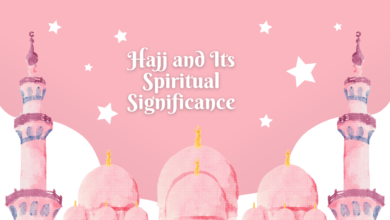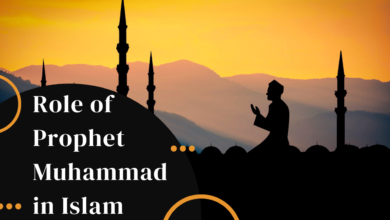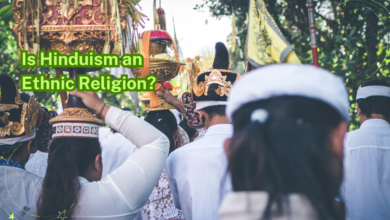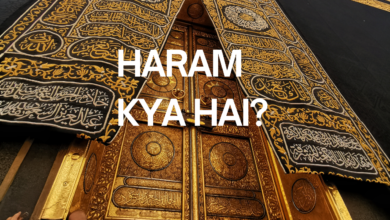Aisha Bint Abu Bakr
The Life and Legacy of Aisha bint Abu Bakr: A Trailblazing Woman in Islamic History
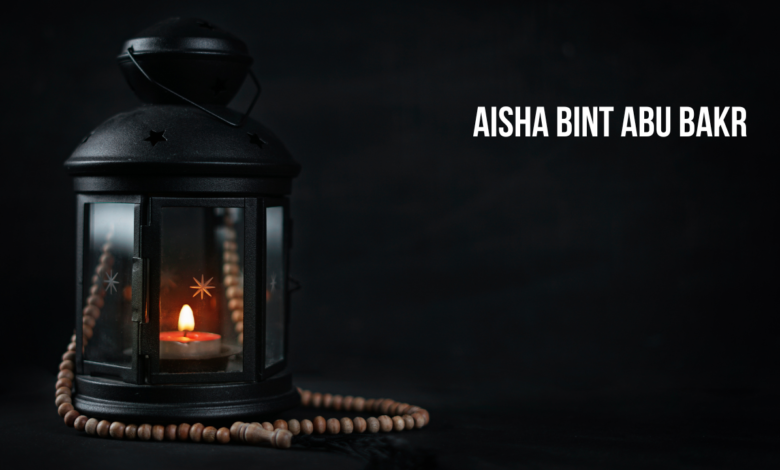
Aisha Bint Abu Bakr
Aisha bint Abu Bakr, also known as Aisha, was a prominent figure in Islamic history known for her wisdom, knowledge, and contributions to early Islam.
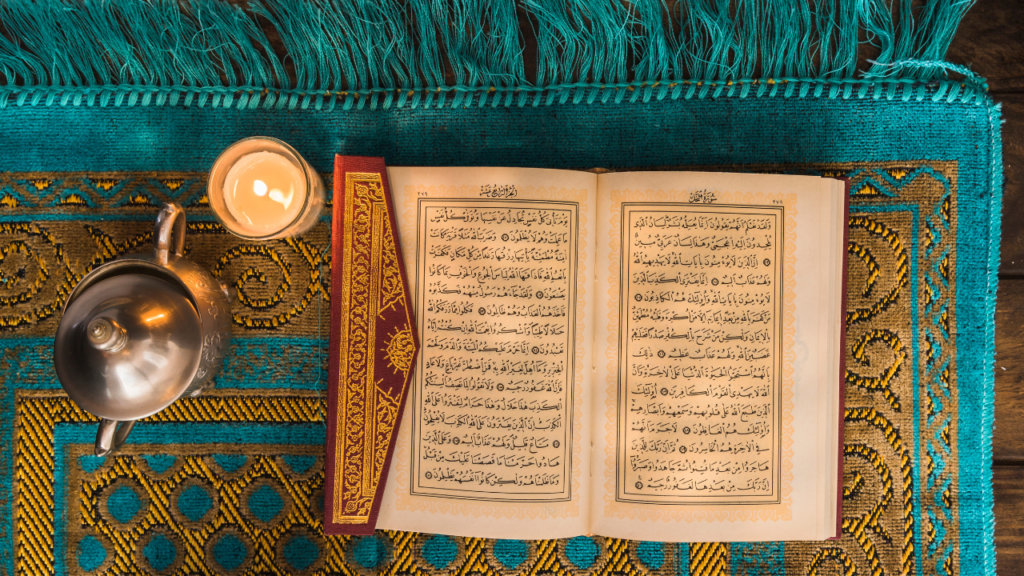
Introduction
Aisha bint Abu Bakr, often simply referred to as Aisha, is a revered figure in Islamic history and a prominent personality among the early Muslims. She holds a special place in the hearts of Muslims for her wisdom, knowledge, and significant contributions to the development of Islam. Aisha’s life story is a testament to the strength, intelligence, and resilience of Muslim women during the early days of Islam.
Early Life and Marriage
Aisha was born around 613 CE in Mecca, the daughter of Abu Bakr, one of the closest companions of the Prophet Muhammad. Her family was known for their strong commitment to Islam, and Aisha grew up in an environment of faith and devotion. Her father, Abu Bakr, was not only a trusted friend of the Prophet Muhammad but also his father-in-law. This close relationship would play a crucial role in Aisha’s life.
Aisha’s marriage to the Prophet Muhammad is a pivotal event in Islamic history. She was married to him at a young age, and their marriage was both a profound personal relationship and a significant religious and political alliance. Aisha’s youth and keen intellect made her a remarkable partner to the Prophet, and she played a crucial role in preserving and transmitting his teachings.
Also check.
- Why did Islam Spread So Quickly?
- Why Does Allah Test Us?
- What is Gambling in Islam?
- Why is Hajj Important?
- What is Hell in Islam?
A Scholar and Teacher
Aisha’s deep understanding of Islam and her meticulous memory made her one of the most knowledgeable scholars of her time. She became known for her expertise in various fields, including theology, jurisprudence, and history. Her narrations of the Hadith (the sayings and actions of the Prophet Muhammad) are considered some of the most authentic and reliable. Many Islamic scholars and jurists have relied on her teachings to derive religious rulings.
Aisha’s role as a teacher and scholar was not limited to women; she educated both men and women, and her circle of students included some of the most prominent Islamic scholars of her time. Her contributions to Islamic scholarship have had a lasting impact on the development of Islamic jurisprudence and theology.
Aisha’s Political Influence
Aisha’s involvement in political matters during the early Islamic era is another significant aspect of her life. After the death of the Prophet Muhammad, she played a vital role in the political landscape of the emerging Islamic state. She became a prominent figure in the political debates and struggles that took place, particularly during the time of the first three caliphs.
Her active participation in these matters, along with her knowledge and charisma, made her a respected and influential figure. Although she was on opposing sides in some political conflicts, her contributions were always guided by her deep commitment to Islam and her desire to uphold justice and the principles of the faith.
Legacy and Impact
Aisha bint Abu Bakr passed away in 678 CE, leaving behind a legacy that continues to inspire generations of Muslims. Her life serves as an example of the vital role women played in the early days of Islam and their contributions to the faith. Aisha’s scholarly work and contributions to Hadith compilation continue to be studied and revered by scholars and students of Islam worldwide.
Her life story also highlights the importance of knowledge, education, and strong character in Islam. Aisha’s dedication to learning, her commitment to her faith, and her active engagement in the community serve as a source of inspiration for Muslims, especially women, who seek to follow in her footsteps.
Conclusion
In conclusion, Aisha bint Abu Bakr remains a celebrated figure in Islamic history and a source of inspiration for Muslims worldwide. Her life exemplifies the qualities of a devout believer, a dedicated scholar, and a woman of great wisdom and influence. Aisha’s enduring legacy continues to remind us of the crucial role that women have played in the development and preservation of Islam, and her teachings continue to guide and inspire countless individuals on their spiritual journeys.

FAQs
Who was Aisha bint Abu Bakr?
Aisha bint Abu Bakr, commonly known as Aisha, was the daughter of Abu Bakr, one of the closest companions of the Prophet Muhammad. She was also the Prophet’s wife and played a significant role in early Islamic history.
How old was Aisha when she married Prophet Muhammad?
Aisha was married to Prophet Muhammad when she was around six or seven years old, and the marriage was consummated when she was approximately nine years old. It’s important to note that marriage customs and age norms were different in 7th-century Arabia.
What role did Aisha play in the early days of Islam?
Aisha played a crucial role as a scholar, teacher, and narrator of Hadith (sayings and actions of the Prophet). She was an influential figure in preserving and transmitting the teachings of Islam.
Are Aisha’s narrations of Hadith considered authentic?
Yes, Aisha’s narrations of Hadith are highly regarded for their authenticity. Her meticulous memory and deep understanding of Islam make her Hadith narrations among the most reliable sources in Islamic tradition.
Did Aisha have a role in politics during her lifetime?
Yes, Aisha was involved in political matters during the early Islamic era, particularly during the conflicts that arose after the death of Prophet Muhammad. She was an influential figure in these political debates.
How did Aisha pass away, and when did she die?
Aisha bint Abu Bakr passed away in the year 678 CE. She died peacefully in her home in Medina, Saudi Arabia.
What is Aisha’s legacy in Islam?
Aisha’s legacy is multifaceted. She is revered for her contributions to Islamic scholarship, her role as a teacher, and her dedication to preserving Islamic traditions. She serves as an inspiration for women in Islam and is a symbol of the importance of knowledge and wisdom in the faith.
Are there controversies surrounding Aisha’s age at marriage?
The age of Aisha at the time of her marriage to Prophet Muhammad has been a subject of debate and discussion. While historical records suggest she was very young at the time, it’s essential to consider historical context and cultural norms when evaluating this issue.
Are there any books or biographies about Aisha’s life?
Yes, numerous books and biographies have been written about Aisha’s life, contributions, and her role in early Islam. These works provide valuable insights into her character and legacy.
How is Aisha celebrated or remembered in Islamic culture today?
Aisha continues to be celebrated and remembered as one of the “Mothers of the Believers” in Islamic culture. Muslims respect her as a source of knowledge and a role model for women in faith and scholarship. Her teachings and life story remain an integral part of Islamic education and tradition.

